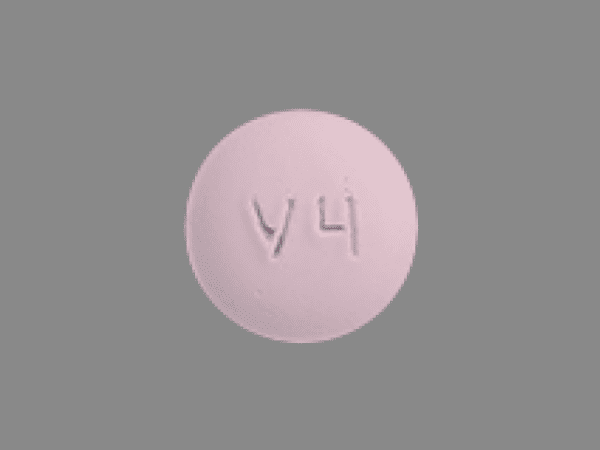Alyftrek Side Effects
Generic name: deutivacaftor / tezacaftor / vanzacaftor
Note: This document provides detailed information about Alyftrek Side Effects associated with deutivacaftor / tezacaftor / vanzacaftor. Some dosage forms listed on this page may not apply specifically to the brand name Alyftrek.
Applies to deutivacaftor / tezacaftor / vanzacaftor: oral tablets.
Important warnings
This medicine can cause some serious health issues
-
Drug-induced Liver Injury and Liver Failure
- Elevated transaminases observed.1
- Serious and potentially fatal drug-induced liver injury and liver failure leading to transplantation and death reported in patients who were taking elexacaftor/tezacaftor/ivacaftor.1
- Assess ALT, AST, alkaline phosphatase, and bilirubin prior to initiating, every month for first 6 months, every 3 months for next 12 months, then at least annually.1
- Interrupt for significant elevations in liver function tests or signs or symptoms of liver injury.1 Follow closely with clinical and laboratory monitoring until abnormalities resolve.1
- Resume if abnormalities resolve and if benefit is expected to outweigh risk.1
- Should not be used in severe hepatic impairment (Child-Pugh Class C).1 Not recommended in moderate hepatic impairment (Child-Pugh Class B).1
Side effects include:
Most common adverse reactions (≥5%): cough, nasopharyngitis, upper respiratory tract infection, headache, oropharyngeal pain, influenza, fatigue, increased ALT, rash, increased AST, sinus congestion.
See also:
For healthcare professionals
Applies to deutivacaftor / tezacaftor / vanzacaftor: oral tablet.
General adverse events
Most frequently reported adverse reactions were cough, nasopharyngitis, upper respiratory tract infection, headache, oropharyngeal pain, influenza, fatigue, increased ALT, rash, increased AST, and sinus congestion.[Ref]
Cardiovascular
- Common (1% to 10%): Increased systolic and diastolic blood pressure[Ref]
Dermatologic
- Very common (10% or more): Rash (includes pruritic rash) (up to 11%)[Ref]
Gastrointestinal
- Frequency not reported: Abdominal pain, constipation, diarrhea, nausea, vomiting[Ref]
Hepatic
- Common (1% to 10%): Transaminase elevations (ALT or AST)
- Uncommon (0.1% to 1%): Increased GGT[Ref]
Musculoskeletal
Nervous system
Other
- Very common (10% or more): Fatigue (up to 11%)
- Frequency not reported: Pyrexia[Ref]
Psychiatric
- Uncommon (0.1% to 1%): Depression[Ref]
Renal
- Frequency not reported: Increased blood creatinine phosphokinase[Ref]
Respiratory
- Very common (10% or more): Cough (productive cough) (up to 25%), nasopharyngitis (up to 21%), upper respiratory tract infection (viral) (up to 21%), oropharyngeal pain (up to 14%), influenza (up to 11%)
- Common (1% to 10%): Sinus congestion
- Frequency not reported: COVID-19, dyspnea, hemoptysis, infective pulmonary exacerbation of cystic fibrosis, increased sputum, nasal congestion, rhinorrhea[Ref]
References
1. (2024) "Product Information. Alyftrek (deutivacaftor / tezacaftor / vanzacaftor)." Vertex Pharmaceuticals
More about Alyftrek (deutivacaftor / tezacaftor / vanzacaftor)
- Check interactions
- Compare alternatives
- Pricing & coupons
- Drug images
- Dosage information
- During pregnancy
- FDA approval history
- Drug class: CFTR combinations
- En español
Patient resources
Professional resources
Related treatment guides
Further information
Alyftrek side effects can vary depending on the individual. Always consult your healthcare provider to ensure the information displayed on this page applies to your personal circumstances.
Note: Medication side effects may be underreported. If you are experiencing side effects that are not listed, submit a report to the FDA by following this guide.

